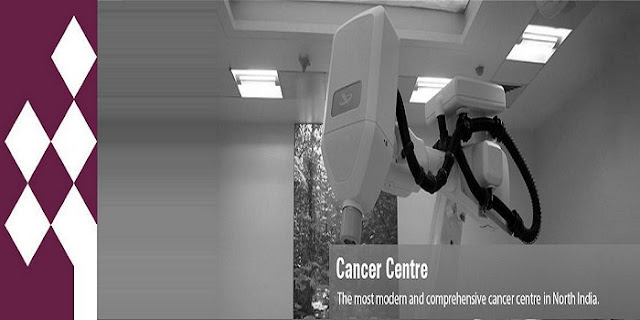All about Haploid Bone Marrow Transplant
Bone marrow transplant in India is performed on people
whose bone marrow is not healthy enough to process out some specific parts of
the blood which comprises of red blood cells, white blood cells, and platelets,
all of these have significant functions for proper working of the body. If the
bone marrow is not healthy, hematopoietic stem cells (bone marrow is also
composed of these) can fail to make new cells. Bone marrow transplant specialist states the possible reasons and risk factors which lead to an
inapt working of bone marrow, they usually include chronic infections, disease,
cancer such as leukaemia and lymphoma and its treatment as well. Aplastic
anemia affects the new blood cell forming capability of bone marrow. Genetics
can also cause disease which can affect proper functioning of bone marrow,
common examples are sickle cell anemia and thalassemia.
To cure these cases, bone marrow transplant has developed as
a medical procedure to transplant healthy stem cells into patient’s body. Bone
marrow transplant specialist recommend only the best services because the
procedure needs on-hands successful experience and world class technological
support. The process of bone marrow transplant has been developed and many varieties are in reach now
which include autologous transplants, allogeneic transplants, haploidentical
bone marrow transplants, syngeneic, and matched and unrelated Donor (MUD). Out
of these, haploidentical bone marrow transplant works on the principle of
inheritance and it has showcased successful numbers of cases
on the similar lines of traditional transplant procedures. During
development of embryo in the mother's womb, both parents transfer HLA antigens
to the embryo. As per the laws of nature, set of HLA antigens are inherited by
the baby. This makes mother and child as natural donors for each other. The
combination is half matched in their HLA (human leukocyte antigens) but it
proves successful for a healthy bone marrow transplant. Haploid bone marrow
transplant in Delhi specifies that a half HLA matched sibling, parent, and
children can be a successful donor for healthy bone marrow transplant.
Haploidentical bone marrow transplant is a proven alternative BMT for patients
who don't have a fully HLA matched family donor or a matched unrelated donor.
The donor selection for haploidentical bone marrow transplant
is not solely based on first blood relations of the patients. Instead, it is of
primary concern to evaluate all the medical aspects of both patient and donor for
satisfactory results of bone marrow transplantation. There are some basic
guidelines which are followed up by well-known institutions of bone marrow
transplant in India for proper assessment of the donor and patience. The
success of haploidentical bone marrow transplant depends upon the close match
between the markers of recipient's HLA and those of the donor. Physical
examination of the patient is carried out to determine his/her health and the
severity of the medical condition. Further, laboratory tests are performed to
assess the levels of specific cell types and receptors in blood in both patient
and donor. Donor also undergo certain tests which confirm the levels (if
present) of anti-cancer cells.
Haploid bone marrow transplant in Delhi is performed on the terms of medically approved procedure. Firstly, a right donor is selected
which is first family member in the case of haploidentical BMT. To clean the
presence of malignant areas,
chemotherapy or radiation therapy (or a
combination of both) is performed on the
patient. This ia followed up by transfer of healthy bone marrow from the chosen
donor. Post-transplantation, usually after three days, a high dose of
cyclophosphamide is injected into the patient's body to clean the immune system
and it accords the donor's stem cells to create a new immune system.



Nice blog thanks to put here such valuable information about bone marrow transplant.
ReplyDeleteHere some other about bone marrow Bone Cancer Treatment
Nice blog thanks for sharing
ReplyDeletefrom Liver Transplant in India